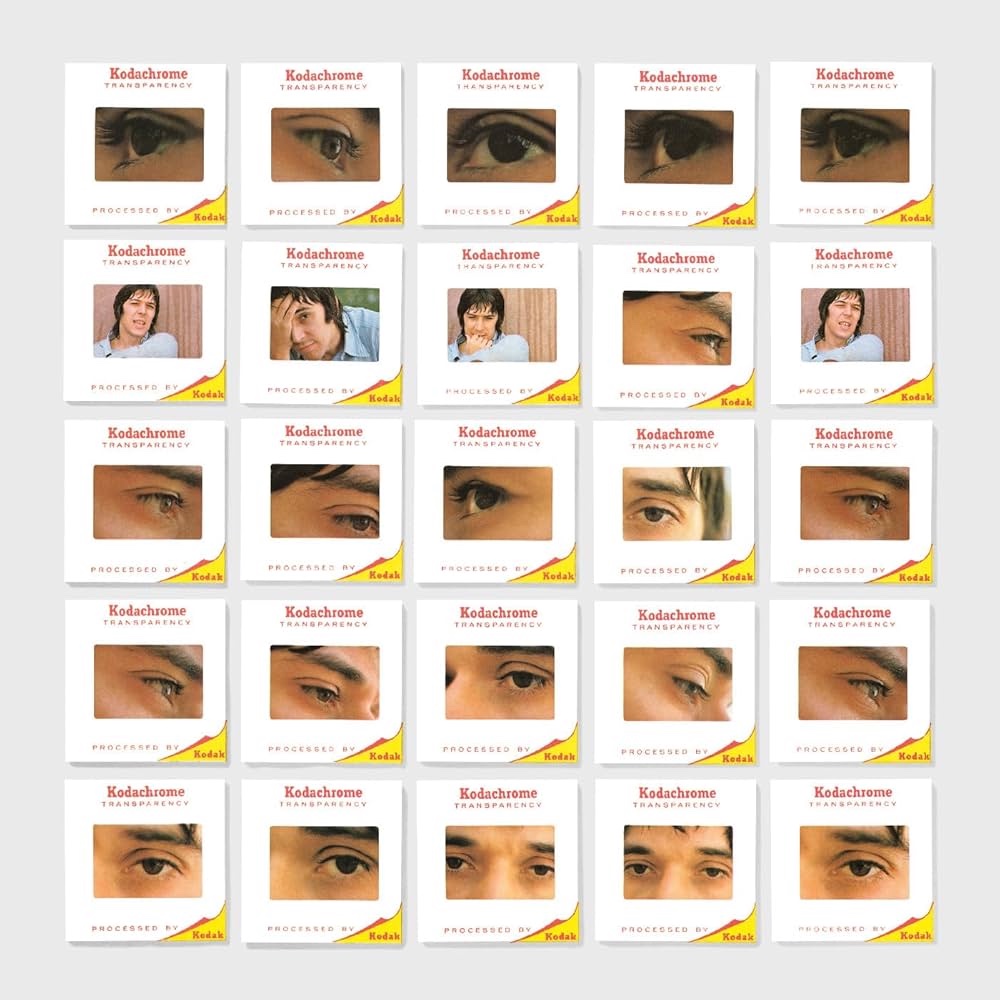John Cale
Paris 1919 + The Academy in Peril
DOMINO
When noisy violist John Cale left the employ of his Velvet Underground, the Welshman didn’t bother, at that point, to rely on his work with New York drone master La Monte Young, instead opting to lean into the influence of his earlier mentor, composer Aaron Copland. Swapping a dank NYC and its dissonance for sunny Los Angeles and its Santa Ana winds, Cale’s two bittersweet albums for Reprise, 1972’s The Academy in Peril and ’73’s Paris 1919, represent two sides of one silvery coin: melancholy, orchestral-driven albums ripe with the earliest inspirations of elegant art-rock and loping, Cali-cool country chamber-pop that touch on the axis of Western European history and culture. These two albums’ sparklingly opulent strings (grand and costly on the former, taut, tense, and cheap on the latter), slowly chilling melodies, and warily told civics lessons would become Cale’s signature blend—even when reteaming with Lou Reed for their Songs for Drella tribute in 1990.
Cale’s at his best when standing atop such mini-epic, Copland-esque mountains, and these remastered re-releases (both with rare tracks and new mixes) are a testament to the breadth of his innovative sonic and lyrical éclat beyond his more menacing proto-punk solo work. For his mostly instrumental Academy, Cale avoids the perils of what “classically inspired” rock was, post-Tommy, with the supple restraint and weirdly cheerful “The Philosopher” and its understated blend of acoustic guitars, Ron Wood’s electric slide, and an arsenal of horns and strings. More humorous than cheery is “King Harry,” a quietly sung-spoken cut where the dying light of Henry VIII is displayed with blips of calypso for the sake of wily, offbeat rhythm. Though most of Academy is cloudless and calm, there’s the racing emotionalism of “3 Orchestral Pieces” and “John Milton” to shift matters from calm to glassily classical and avuncular.
The following year’s Paris 1919 goes beyond Academy in mood and skill sets, as Cale’s studio cohorts include members of Southern-rockers Little Feat, Crusaders bassist Wilton Felder, and still-young Procol Harum producer Chris Thomas, who’d go on to work on Sex Pistols’ Never Mind the Bollocks and INXS’s dense-sounding brand of rock. Paris 1919 seems like a direly serious, literary-laced place with songs dedicated to dry English philosophy (“Graham Greene”), ruminative Welsh poetry (“Child’s Christmas in Wales”), Shakespearean intrigue (“Macbeth”), and the beautiful but foreboding Spanish countryside (“Andalucia”). However, like the potential romantic ruin of that last song, much of Cale’s wordy 1973 album acts as a poetic, metaphorical series of period pieces dedicated to finding peace and hunting ghosts (the title track), tenderness and loss in equal tender measure (“Andalucia”), chipper doctrine (“Graham Greene”), and existential horrors (“The Endless Plain of Fortune”).
In a hushed, creamy baritone that radiates the swell of America, the lyrical burr of his Welsh background, and the baroque manner of theatrical art song, Cale lolls throughout the enigmatic, empathetic sweep of his ensemble and the manner in which they approach this absolutely gorgeous set of songs. Is there a more beautiful noise than the steady, provocative saw of strings that accompany “Paris 1919,” or the dancing chamber glee of “Graham Greene”? Somehow, Domino and Cale make an all-time classic better, with a warmer, clearer mix and a wealth of period-perfect extras like his ode to the 1970s, “I Must Not Sniff Cocaine,” an unlikely drone mix of the flickering “Hanky Panky Nohow,” and his new “fever dream” moment, “You’re a Ghost,” dedicate to the spirits merry, bright, and not-so that roam the halls of Paris 1919.







